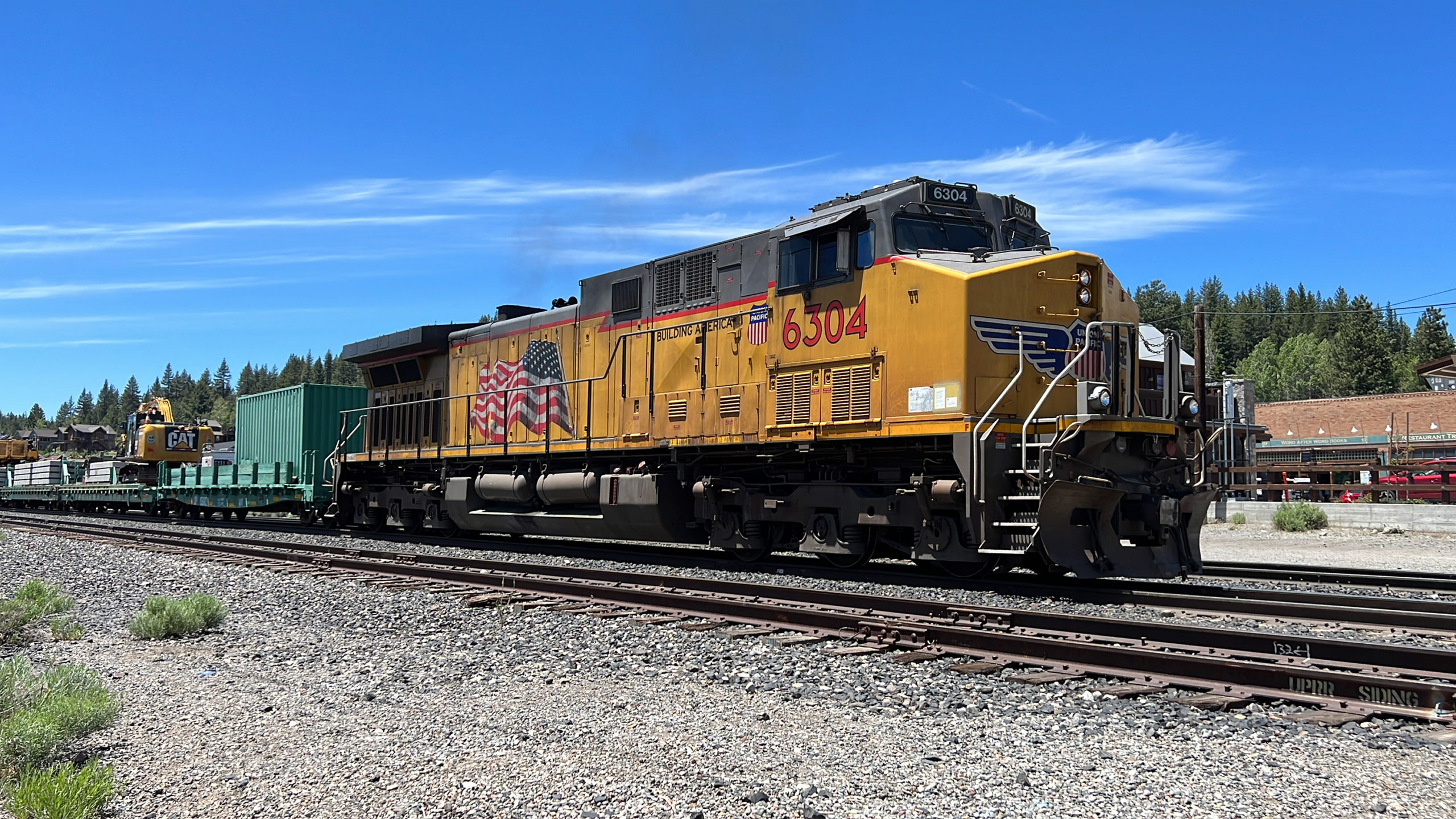A massive rail strike next week could deal another blow to the US economy

Freight railroads have been around since the 19th century, but you can’t run a 21st century economy without them.
Businesses across the country are worried about the growing possibility of a strike by unions representing more than 90,000 workers on the nation’s freight railroads. Unions are set to go on strike on September 16, which could disrupt around 30% of the country’s freight traffic, according to data from the Bureau of Transport Statistics.
This is the last thing the US economy needs as it struggles to deal with years of supply chain problems. Prolonged strikes can mean empty store shelves, temporary shutdowns of factories without the parts they need to run, and higher prices due to limited availability of various consumer goods.
“We’re hearing more and more that shippers and railroads are getting nervous,” said John Drake, vice president of transportation, infrastructure and supply chain strategy for the U.S. Chamber of Commerce. The chamber is calling on both sides to strike a deal to avoid the first national rail strike in 30 years.
The unions and the National Railroad Labor Conference, which represents management at the negotiating table, met Wednesday with federal mediators and U.S. Labor Secretary Martin Walsh to see if they can move closer to an agreement. The organizations said that no progress has been made in it.
Freight railroads have generally thrived during the pandemic, so the main controversy is not over wages but over rules governing workers’ schedules. Many engineers and conductors, with a two-person crew per train, must be “on call” to get to work seven days a week, preventing them from making their own plans, spending time with their families, and preparing. High turnover rate.
Time is running out
Because railroad workers are governed by different labor laws than the labor laws that govern labor relations in most occupations, Congress can act to prevent or quickly stop a strike. But that requires a level of bipartisanship that is rare in Washington just weeks before the midterm elections.
President Joe Biden averted the strike two months ago by imposing a cooling-off period during which a panel he appointed, known as the Presidential Emergency Board (PEB), looked into contentious issues in the negotiations and issued a recommended settlement.
That 60-day cooling-off period is set to expire at 12:01 a.m. on September 16, and Biden does not have the authority to block the strike at that time. Only Congress can act to prevent a work stoppage by imposing an agreement on both sides or extending the current cooling off period.
The PEB has recommended several annual increases until July 2020, when the previous contract was set to expire.
They will give workers an immediate 14% raise, as well as additional back pay for hours worked starting in 2020. Further increases will follow, resulting in a 24% wage increase over the five-year term of the contract. Run from 2020 to 2024, plus an annual cash bonus of $1,000.
The PEB’s wage recommendations are somewhat lower than what the union had requested and somewhat higher than what management had previously offered.
But five smaller unions representing more than 21,000 railroad workers agreed to tentative labor deals based on the panel’s recommendations, though they still need approval from their rank-and-file members. The results and the PEB’s wage recommendations would probably have been enough to win the recognition of other unions, even if they were asking for more.
“We’re not going to sit here arguing about [wages] or health care. We’re beyond that,” said Jeremy Ferguson, president of the union representing conductors, one of two workers on the freight trains. Engineers
Anger at work rules
The conductors union and six other unions, including engineer representatives, are set to go on strike, unhappy with the work rule recommendations and how the “on call” requirement will affect the quality of life of their members and deny them any free pay. Spends time with family even when not at work.
Unions are urging allies in Congress not to act, arguing that a strike is the only way to reach an agreement that would improve what they say are unsustainable work rules that are driving workers to quit, leading to staffing shortages and well-documented service problems in freight. Railway services.
“The truth is they’re depending on Congress to make [the railroads] work,” said Dennis Pierce, president of the Brotherhood of Locomotive Engineers and Trainmen. “We’ve let them [union allies in Congress] know that we need to stay away from this.”